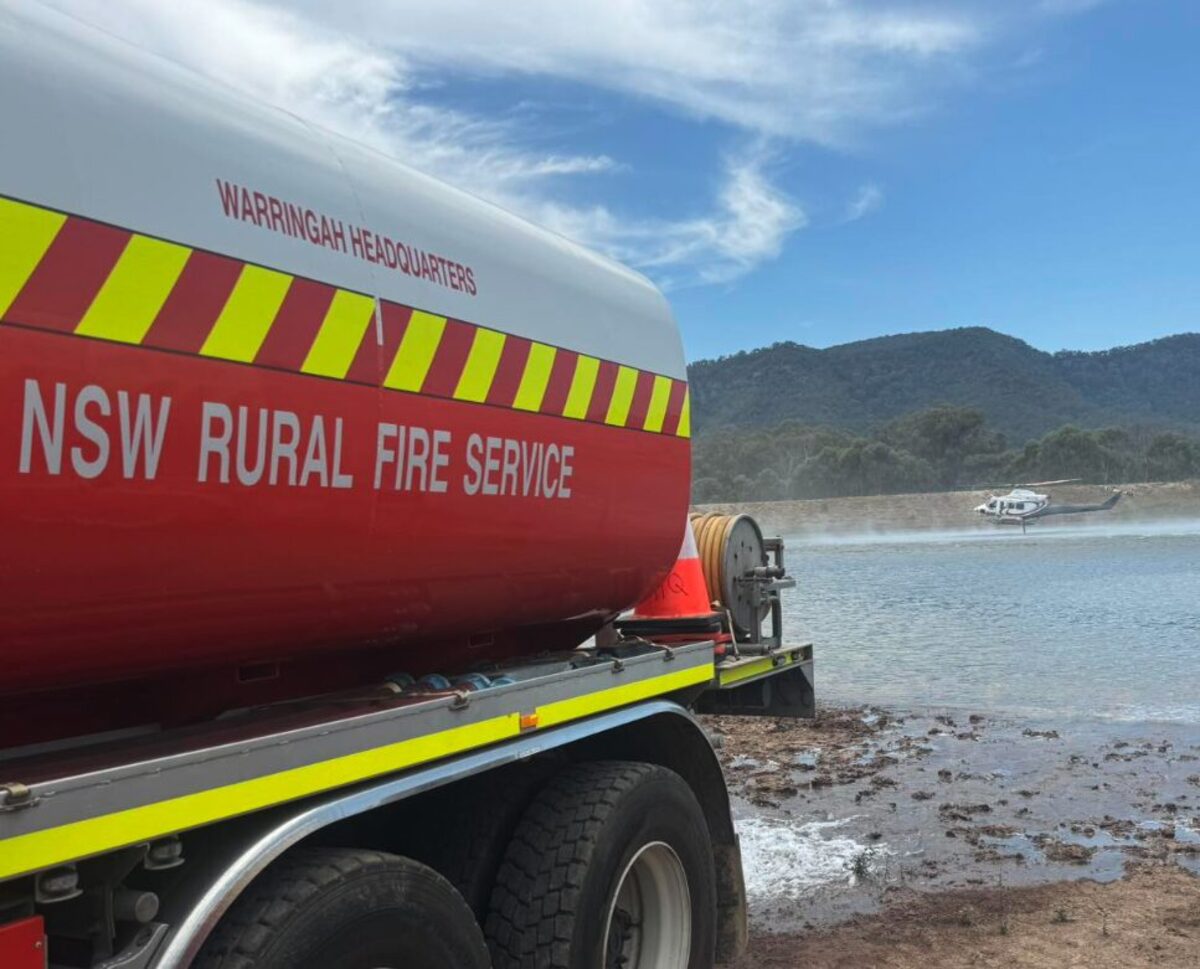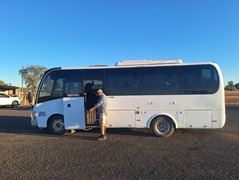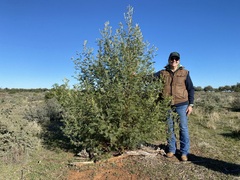Rural Fire Service fleet asset recommendation a win for councils
Kimberly Grabham
03 June 2025, 8:00 PM

Councils Celebrate Victory in Rural Fire Service Asset Battle
NSW local councils have hailed a parliamentary committee's recommendation to transfer ownership of Rural Fire Service vehicles from councils to the state government as a major win after years of lobbying.
A NSW Parliamentary Public Accounts Committee inquiry has delivered a comprehensive report supporting councils' long-held position that they should not be required to account for fire truck assets they cannot control.
The committee's 14 recommendations centre on transferring legal ownership of the Rural Fire Service's "Red Fleet" vehicles from local councils to the RFS itself, ending what Local Government NSW describes as an illogical arrangement.
Phyllis Miller OAM, president of Local Government NSW and mayor of Forbes Shire, said the recommendations vindicated years of advocacy by councils across the state.
"This is a significant victory that comes after sustained pressure from LGNSW and individual councils," Ms Miller said.
"While every council wholeheartedly supports the RFS and their outstanding community service, the current system makes no sense. Councils are expected to account for assets they have absolutely no say over."
Under current arrangements, councils must include RFS vehicles on their asset registers and manage associated audit requirements, despite having no role in purchasing, deploying or disposing of the fleet.
The parliamentary inquiry heard that RFS management structures have evolved significantly over decades, leaving outdated ownership and accounting frameworks that no longer reflect operational reality.
The committee's key recommendations include amending the Rural Fires Act 1997 to:
- Transfer legal ownership of Red Fleet assets to the RFS
- Make the RFS responsible for vehicle maintenance and repairs
- Establish the RFS as having primary responsibility for bushfire mitigation and hazard reduction, with councils providing support
- Require the RFS to provide new premises rather than relying on councils
Ms Miller praised the committee members for recognising the need for reform and urged swift government action.
"I thank Local Government Minister Ron Hoenig for initiating this inquiry," she said. "Now we need the NSW Government to adopt these recommendations and implement these overdue reforms without delay."
The changes would align financial responsibility with operational control, potentially reducing administrative burden on councils while maintaining their supportive role in local fire prevention efforts.
The report represents a significant policy shift that could reshape the relationship between state and local government in managing one of NSW's most critical emergency services.
NEWS
SPORT
RURAL
COMMUNITY











